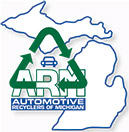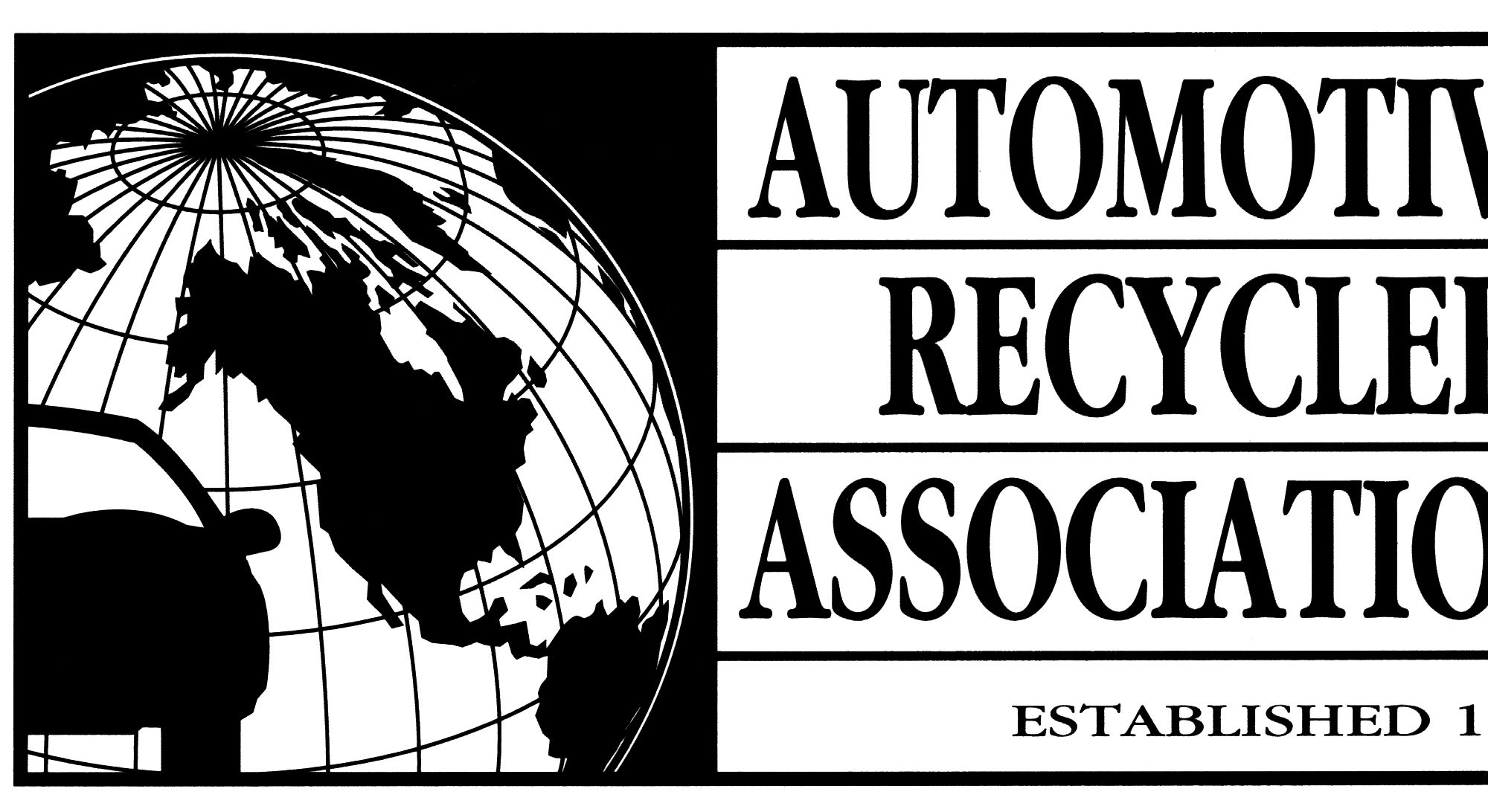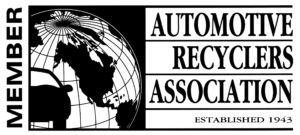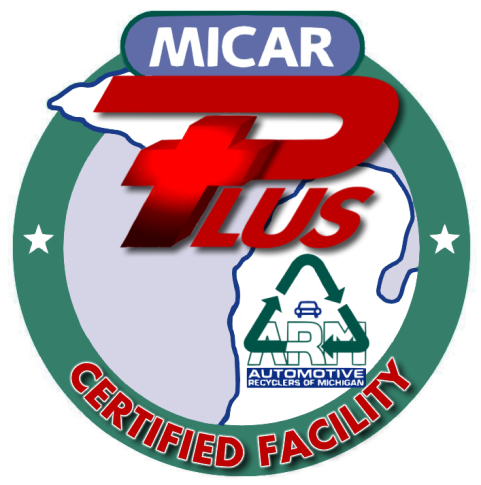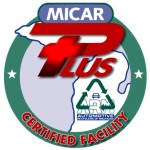IMPORTANT INDUSTRY CORRESPONDENCE REGARDING MOTOR VEHICLE SAFETY RECALLS
From the Automotive Recyclers Association (ARA)
July 10, 2015
Regrettably, the number of defective automotive parts in today’s marketplace is increasing at alarming rates, as indicated by the over 100 million vehicles recalled since the beginning of 2014 in the United States alone. ARA understands that these recall campaigns create multiple challenges for our members – professional automotive recyclers who provide safe and quality OEM recycled automotive parts to the marketplace – and we are writing today to let you know how your association has and will continue to aggressively work to help protect and promote your inventory of safe and quality OEM recycled parts in this era of continuous automotive safety recalls.
Please know that this email will be one of several that ARA will share with you in the coming months to keep you informed of the latest actions that your association has taken to address the implications that recalls have on the automotive parts supply chain, and also in the context of the three major laws passed providing for the federal regulation of the recall process (see side text box).
First and foremost, to minimize the effects of safety recalls on the automotive parts supply chain, your inventories, and the consumers who rely on recycled OEM parts, ARA is aggressively promoting the need for access to bulk VIN recall data and parts data so that you are able to identify in a streamlined, integrated and efficient manner those OEM parts which have been recalled.
ARA has also taken steps forward to ensure that auto manufacturers adhere to the law as written and provide ARA members with fair market value for recalled parts that recyclers must remove from their inventory. High level meetings with Congress and the automakers are ongoing to consider how best to address the fair market value of those parts that ARA members have and continue to take out of the market.
Furthermore, ongoing conversations with the National Highway Traffic Safety Administration (NHTSA) – the federal agency established by the U.S. Department of Transportation to carry out vehicle and consumer safety programs – and consumer groups are occurring during which ARA has emphasized the industry’s need to be able to integrate bulk VIN data into inventory management systems so that those VINS/parts that have been recalled can be flagged throughout the automotive recycling process to avoid possible market penetration.
The Association also is working to educate federal officials and industry stakeholders about the need for access to parts data, as noted below.
- In response to a question asked on behalf of ARA by a Member of Congress, U.S. Department of Transportation Secretary Anthony Foxx recently stated for the record that automakers should provide “parts numbers related to recalls” in an “efficient and easy to use format directly to recyclers and others who need this information.”
- In December 2014 and June 2015, again on behalf of ARA a Member of Congress asked automakers as well as organizations representing domestic and foreign auto manufacturers why professional automotive recyclers do not have access to the automakers parts data. We are awaiting the answers to those questions that will be entered into the official hearing record.
- During a May 2015 NHTSA Recall Workshop, ARA argued the case and a consensus of participants agreed with the position that stakeholders should have access to both bulk VIN data and parts data.
ARA’s demands for automotive recyclers’ access to bulk VINs and OEM parts data are unrelenting and continuous. ARA is proud to continue to lead the charge to meet these demands so that the automotive parts supply chain is streamlined, quality driven and protects the safety of the nation’s drivers.
